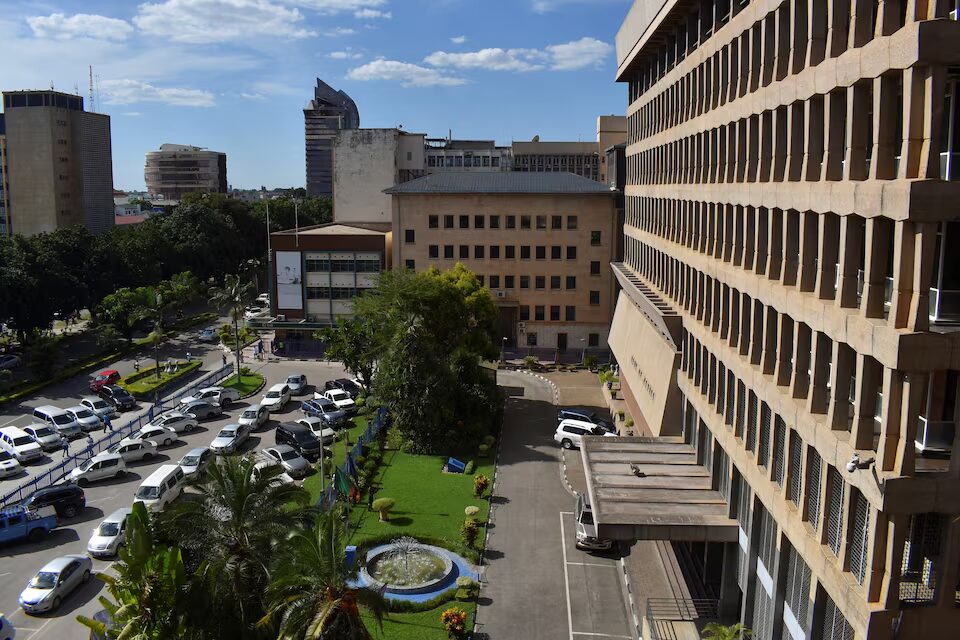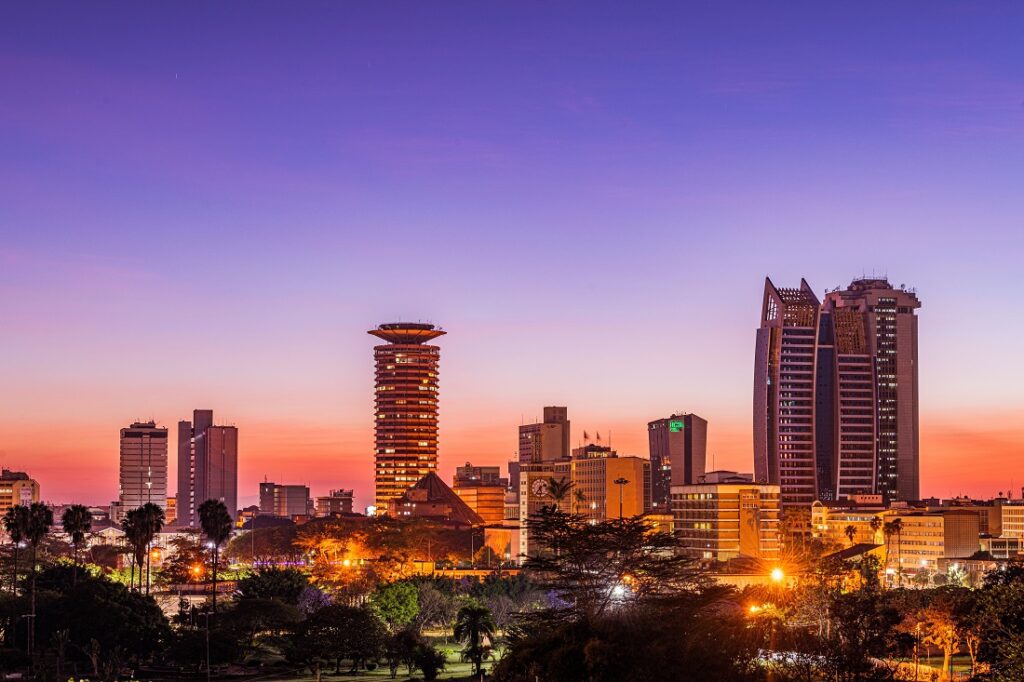
Thursday 27th November 2025

by inAfrika Newsroom
Africa infrastructure investment must rise sharply if the continent is to double its GDP by 2040, according to a new analysis released alongside the International Economic Forum on Africa 2025 in Paris. The report estimates that raising annual infrastructure spending to USD 155 billion, or about 5.6% of Africa’s 2024 GDP, could lift growth by 4.5 percentage points each year.
Today, African governments invest far less than this threshold, and the shortfall shows in power outages, congested ports and weak digital networks. The study, produced by the African Union Commission and the OECD, argues that better-targeted Africa infrastructure investment in energy, transport and digital connectivity would unlock the largest gains in productivity and trade.
Moreover, the report notes that several countries—including Tanzania, Comoros, Lesotho and Zambia—already spend more than 5% of GDP on infrastructure, approaching levels seen in China and Viet Nam. It says these examples prove that higher, sustained investment is possible when governments align planning, financing and project execution.
The International Economic Forum on Africa 2025 gathers policymakers, investors and development banks to discuss how to finance this investment surge. Panels focus on crowding in private capital, improving public-private partnerships and growing local construction and engineering capacity.
However, experts warn that more money alone will not solve the problem. They stress the need for strong project pipelines, transparent procurement and cross-border coordination so that new roads, railways and digital corridors connect regional markets instead of duplicating existing assets.
For investors, Africa infrastructure investment offers sizable long-term returns, especially in renewable energy, logistics and urban transport. Yet many still view the continent as high-risk, which raises financing costs and delays projects. Therefore, the report calls for better risk-sharing instruments and clearer regulatory frameworks.
Africa’s population will almost double by 2050, and cities are expanding faster than jobs and services. Without a step-change in Africa infrastructure investment, bottlenecks in power, transport and broadband will continue to raise business costs and limit trade. The new analysis suggests that sustained spending of USD 155 billion a year could more than double the continent’s GDP by 2040 and help meet the African Union’s 7% growth target. That would support millions of new jobs, smoother regional value chains and deeper integration under the AfCFTA. For governments, the challenge now is to turn forum commitments into bankable projects that reach construction sites, not just conference halls


